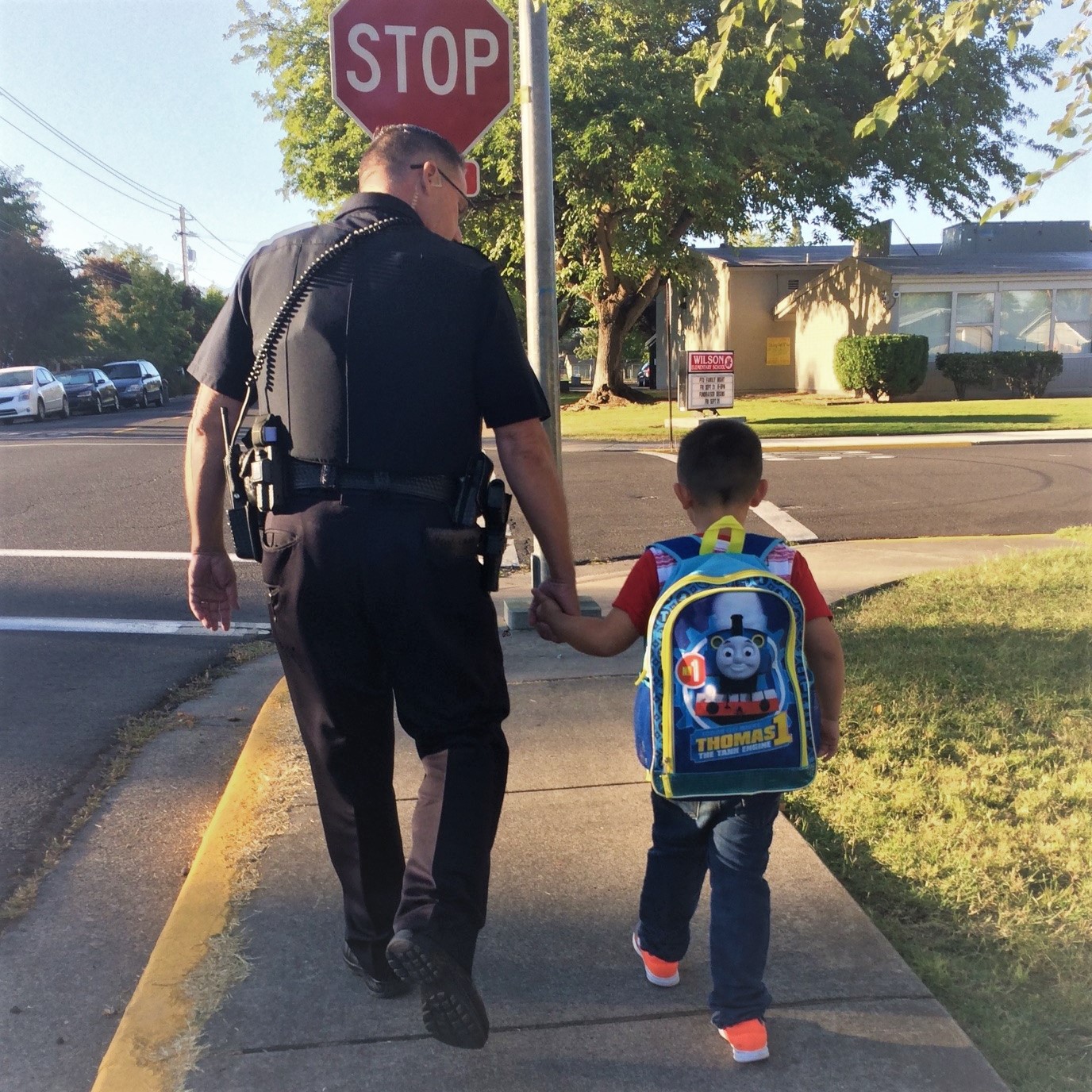
POSITION STATEMENT ON
SCHOOL-BASED POLICING
School Resource Officers and school-based policing continue to be in the national media spotlight. This increased attention has led some to ask us about the role of the SRO, and whether or not School Resource Officers contribute to what has become known as the “School-to-Prison Pipeline.” It is OSROA’s position that…
- An SRO should be carefully selected from among qualified and experienced officers.
- An SRO should receive specialized training. Policing our schools is different than policing our streets. OSROA supports our parent organization, the National Association of School Resource Officers, and we encourage law enforcement agencies to utilize NASRO’s training courses, especially the Basic SRO Course.
- An SRO must understand the difference between school discipline issues and law enforcement issues. Breaking a school rule is not the same as breaking the law, and while SRO’s are often called upon to assist school staff with uncooperative students, the SRO must know their role and make sure to allow school administrators to do their jobs.
- An SRO contributes to the safe schools team by ensuring a safe and secure campus, educating students about law-related topics, and mentoring students as counselors and role models. OSROA endorses NASRO’s “Triad Model of SRO Responsibility: Educator, Informal Counselor, and Law Enforcer.”
- Law Enforcement agencies and school districts must work together closely. This collaboration should include a clear and concise Memorandum of Understanding. Instructions for creating a well-written MOU are available from NASRO. If you would like a sample MOU please contact us and we can provide one.
OSROA rejects the idea that school-based policing contributes to a “school-to-prison pipeline.” NASRO has published a response to this ongoing debate called, “To Protect and Educate: The School Resource Officer and the Prevention of Violence in Schools.” The Department of Justice data in this document supports our position that there is no evidence that SRO's contribute to this pipeline. With every new research study published on the topic it is increasingly clear that SRO's are in our schools for the right reasons. Every day we go to work and do all we can to prevent juvenile delinquency, and to prevent delinquent children from growing into adult criminals.
It takes a special person to be a law enforcement officer and it takes a special cop to be a School Resource Officer. OSROA and our SRO’s endeavor to bridge the gap between law enforcement and youth, and we work hard to build relationships and foster a positive attitude towards law enforcement. Police Officers become SRO’s because they want to see less of our kids end up in the system – not more – and we labor daily in pursuit of this goal.

SRO Mark Patterson - Medford Police Department
Copyright 2019 OSROA
OSROA / Medford Police Department
411 West 8th Street
Medford, OR 97501
contact.osroa@yahoo.com